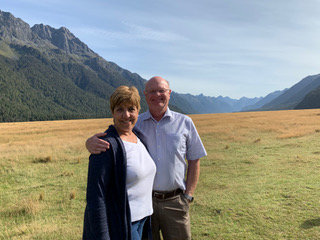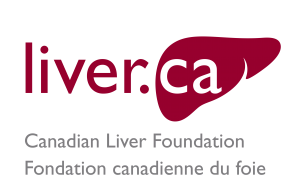Interview with Carrie

Interview with Carrie

Carrie is a 66-year-old retired nurse, wife of 41 years, mother to three children and currently lives in a small town outside the city of Ottawa. This past June, Carrie was diagnosed with liver disease while living abroad. Her diagnosis came after a blood test, as a requirement for a new job application. At first, Carrie was told she had gallstones. Following her surgery to remove the gallstones, Carrie advocated for her health and suggested that the doctors repeat the bloodwork. All things considered, as a visibly healthy individual, Carrie credits this initial bloodwork to sparking her diagnosis of liver disease.
For Carrie, the most challenging part is the pre-judgment that comes with the diagnosis of any liver disease. Often, there’s stigma and a common misconception surrounding liver disease, including liver cancer, that diagnosis is always brought on by alcohol use. With over 100 liver diseases, this is simply not the case, and Carrie’s story is an important example of this.
To help fight the stigma and bring more awareness around liver disease, Carrie is sharing her story.
CLF: How does living with liver cancer affect your day-to-day life and how did you react to your diagnosis?
At first, when you are told that your diagnosis is liver cancer, you automatically think that you have weeks to live – it’s the first thing that came to my mind as a former nurse. You first go through this denial where you feel that the doctors are wrong and then you ask, “why me?”. I’m just going along the “conveyor belt” at this point. It’s encouraging to know that there is ongoing research and discoveries out there – live liver transplant is an amazing thing. If I’m offered any kind of treatment, I’m taking it!
CLF: Were you experiencing symptoms for a while?
I had no symptoms. When I shared the news with my children they said, “but you look fine”. My autoimmune disease, which I was diagnosed with 12 years ago, is what lead to a cancer diagnosis.
CLF: What do you want people to know about what it’s like to liver with liver disease?
There’s this public perception that if you have something wrong with your liver it means that you’re a heavy drinker. I don’t drink and I constantly feel like I need to defend that I don’t drink. I want people to understand that liver cancer impacts all types of people for a number of reasons. That the disease does sometimes come with no symptoms. When you’re diagnosed with liver disease you should know that it’s not game over – I’m learning it too.
CLF: What advice or words of wisdom would you share with people (or their loved ones) who find themselves in a similar situation – whether that’s living with liver disease or specifically liver cancer?
Talk to people! I’m currently talking to someone who is liver transplant survivor and living with cancer. After opening up to my family and friends about my liver cancer diagnosis, I learned that one of my friends had cancer and she didn’t talk about. She kept it a complete secret. In hindsight, she wished she would have shared the news with her loved ones so that they could have supported her through treatment.
Being diagnosed with liver disease is not a weakness. I only want people to feel sorry for me for that first second. It’s essential to have a positive attitude.
When asked if she had any final remarks, Carrie shared “I still have some living left to do – I want to continue to travel and see my kids settle down – and I intend to fight this disease to do it!”
If you’ve been diagnosed with liver disease know that support exists. Call our National Help Line at 1 (800) 563-5483 or learn more at liver.ca.



